General invited speakers
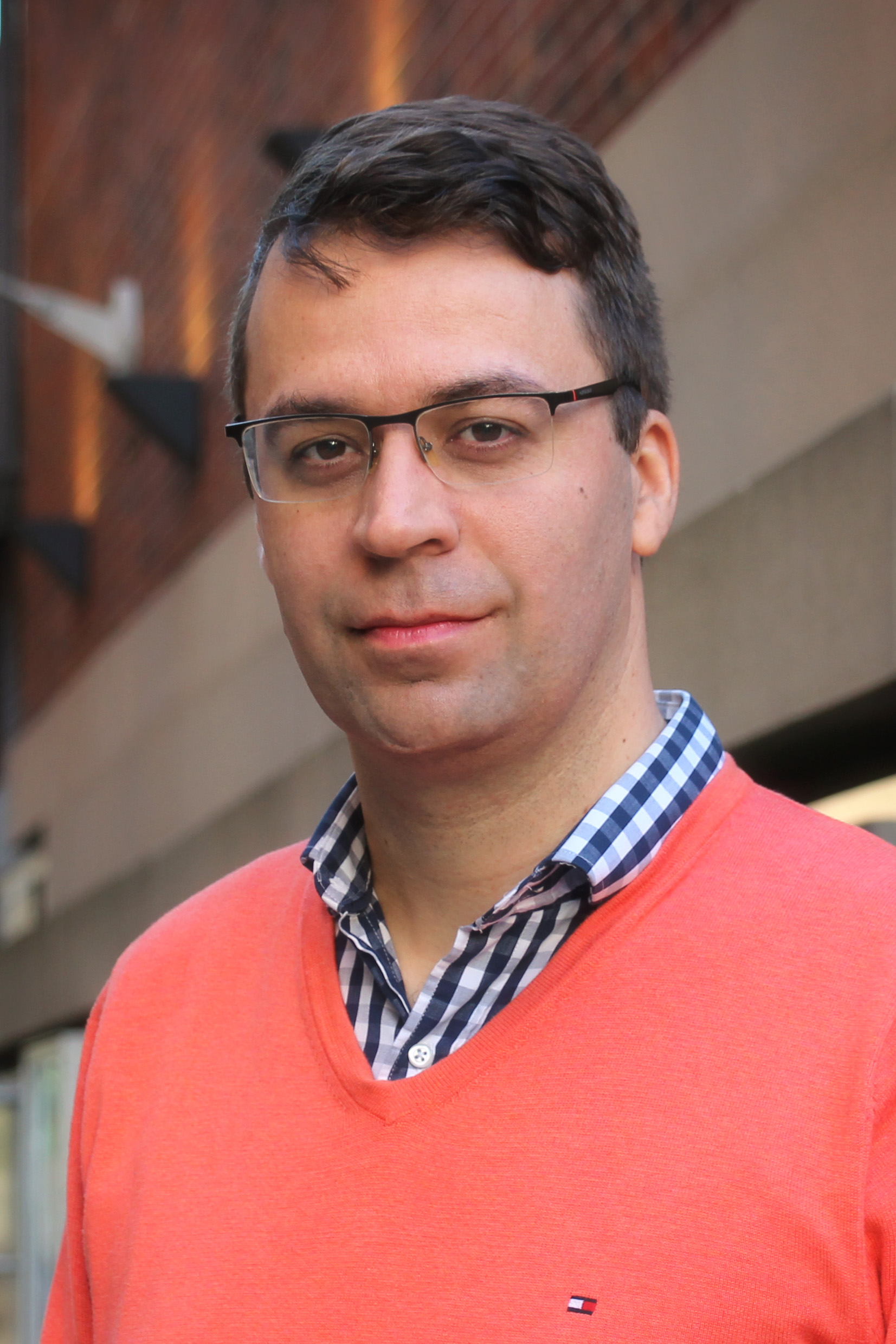
Peter J. Bruggeman
University of Minnesota, High Temperature and Plasma Laboratory, USA.
Plasma-liquid interactions: overview and perspectives
Dr. Peter J. Bruggeman is the Ernst Eckert Professor and Director of Graduate Studies
of Mechanical Engineering at the University of Minnesota. His research is focused on
low temperature plasma science and engineering with applications in health and
sustainability. He serves as the Director of the High Temperature and Plasma
Laboratory consisting of 3 faculty and about 25 researchers and Associate Director of
the Department of Energy Center on Plasma Interactions with Complex Interfaces
consisting of 8 institutions. He also leads a MURI (Multidisciplinary University
Research Initiative). His research has been recognized by several awards including the
2018 Peter Mark Memorial Award of the American Vacuum Society and the Inaugural
University of Michigan Prize for Excellence in Plasma Science and Engineering. Prof.
Bruggeman served on the committee charged by the National Academies with the Decadal
Study of Plasma Science (Plasma 2020), and co-edited the 2017 and 2022 Plasma Roadmap
giving directions for the future development of the field of low temperature plasma.
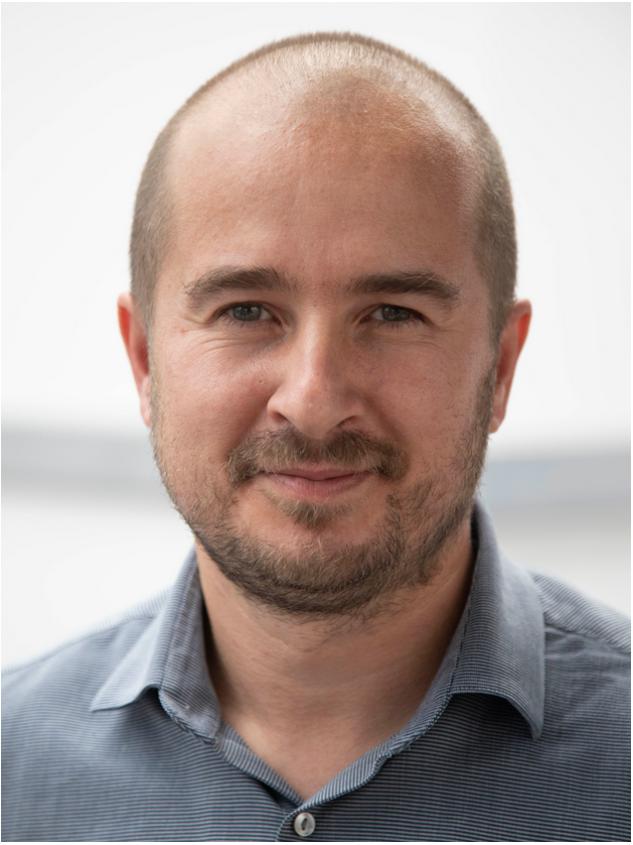
Gabi Daniel Stancu
EM2C, CentraleSupélec, France.
Conventional and ultrashort laser diagnostics for fundamental studies of atmospheric pressure plasmas
Gabi Daniel Stancu is a professor at CentraleSupélec (former Ecole Centrale Paris), Paris-Saclay
University and deputy director of the EM2C- CNRS laboratory, France. In 2004, he received his
PhD degree (Dr. rer. nat) from the University of Greifswald, Germany and in 2014, his
Habilitation to conduct research (HDR) from the Paris-Sud University, France. He has been a
research fellow and visiting professor at academic institutions including INP Greifswald,
University of Cambridge, Ecole Polytechnique, Princeton University, Masaryk University and
Paris-Sud University. He was awarded the Innolec Lectureship in Plasma spectroscopic
diagnostics in recognition of his valuable contribution to the development of the teaching
curriculum at Masaryk University. His previous professional appointments include member of
the National Council of Universities (CNU 62) and Scientific Council of the Ecole Centrale Paris,
France. His research activity is devoted to the development of advanced laser spectroscopic
diagnostics for non-equilibrium plasmas, comprising conventional and ultrashort lasers, and
to the understanding of fundamental kinetic and dynamic mechanisms in reactive
atmospheric pressure plasmas for energy and environment-related applications.
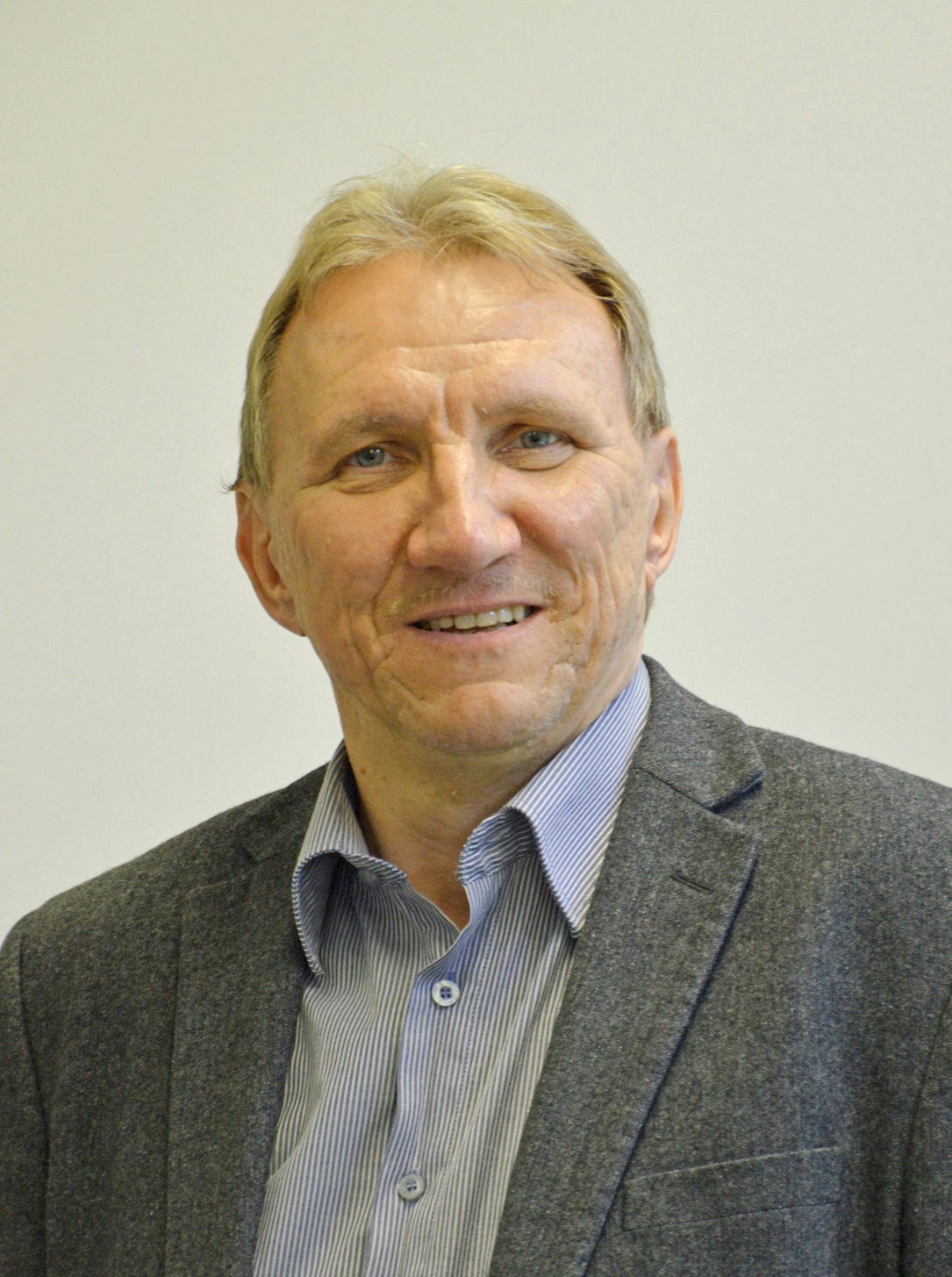
Holger Kersten
Institute of Experimental and Applied Physics, Kiel University, Germany.
On the combination of common and non-conventional probe diagnostics for process plasmas
Holger Kersten is a Full Professor in plasma physics and technology at the Institute of Experimental and Applied Physics of the Kiel University in the north of Germany since 2006. He studied Physics (1981-1986) at the Universities in Jena and Greifswald, where he received the Diploma in 1986. In 1990 he received his doctoral degree from the University in Greifswald and after being a research associate Kersten did his habilitation in 2000. In 1996/97 he was as PostDoc a visiting researcher at Technical University of Eindhoven (NL). From 2003 to 2006 Holger Kersten was the head of the department “Plasma Process Technology” of the Leibniz-Institute INP Greifswald. He is Guest Professor at U Kyushu / Fukuoka, Japan. 2018-2022 Kersten was the Vice Dean of Faculty (Mathematics and Natural Sciences) at U Kiel. Between 2015 and 2019 he was Editor-in-Chief of Eur. Phys. J. D (EPJD) and currently he is the Editor-in-Chief of Eur. Phys. J. Techniques and Instrumentation (EPJTI). Kersten is a member of many societies and boards. As an example, he is member of EJC / PISE committee and Chair of PSE 2024 in Erfurt / Germany.
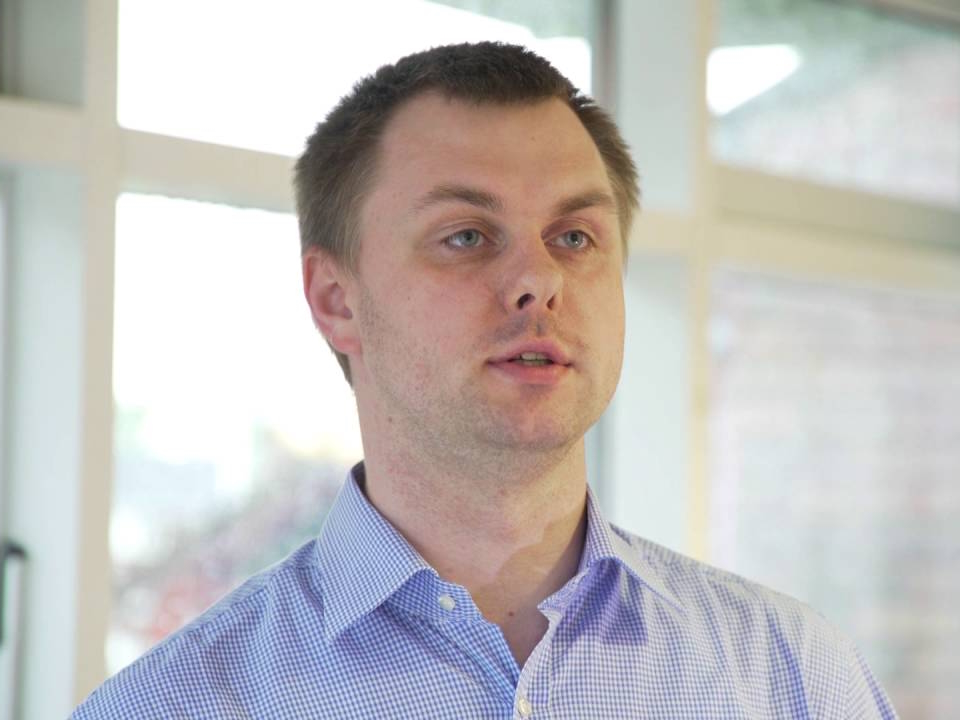
Juraj Országh
Department of Experimental Physics, Comenius University, Slovakia.
Measurements of electron cross sections of small molecules
Juraj Országh serves as Associate Professor of Physics at the Faculty of Mathematics,
Physics, and Informatics, Comenius University in Bratislava where he is the principal
investigator at the Laboratory of Electron Induced Fluorescence. His expertise lies in
electron-molecule collisions and molecular spectroscopy. At the Department of
Experimental Physics, he actively mentors students in physics, technical physics and
plasma physics across undergraduate, graduate, and postgraduate levels. His current
research focuses on astrophysically relevant compounds, their electron induced
emission spectra and emission cross sections. Juraj Országh studied plasma physics at
Comenius University in Bratislava, and later worked as a postdoctoral research fellow
at the EMPA Institute in Thun, Switzerland. Recently, he held a position as a
Fulbright Scholar at Auburn University, AL, USA, contributing to a project
investigating compounds present in cometary spectra.
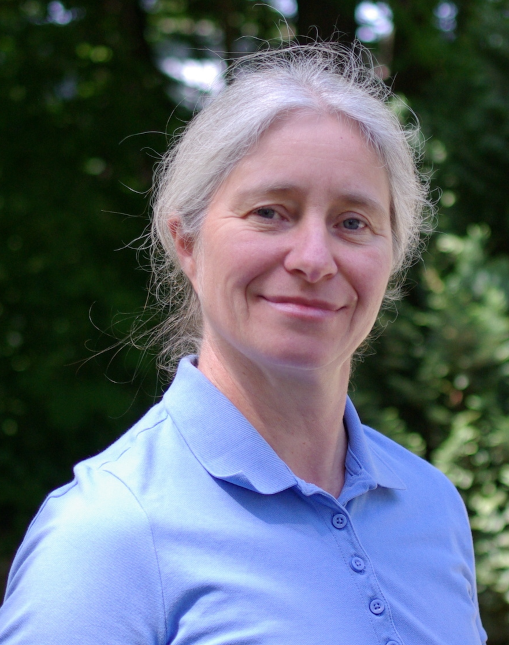
Kinga Kutasi
Electrical Gas Discharges Research Group, HUN-REN Wigner Research Centre for Physics, Hungary.
Low-power atmospheric-pressure surface-wave microwave discharge in contact with liquids
Kinga Kutasi is a senior research fellow at the HUN-REN Wigner Research Centre for Physics, Budapest. She obtained her PhD degree from Szeged University, Hungary in 2003. She got acquainted with the surface-wave microwave discharges during her PostDoc studies 2005-2008 at Instituto Superior Técnico, Lisbon, where she was involved in the modelling of the low-pressure afterglow plasmas meant for medical sterilization. For her work in this field she was awarded with the L’Oréal-UNESCO “For Women in Science" Award in 2010. Her current research interest is the applicability of the atmospheric-pressure surface-wave microwave discharges in the fields of plasma medicine and plasma agriculture. Her work focuses on characterization of the discharge systems experimentally and by means of modelling, and study the plasma - biological systems and plasma - liquid interactions.
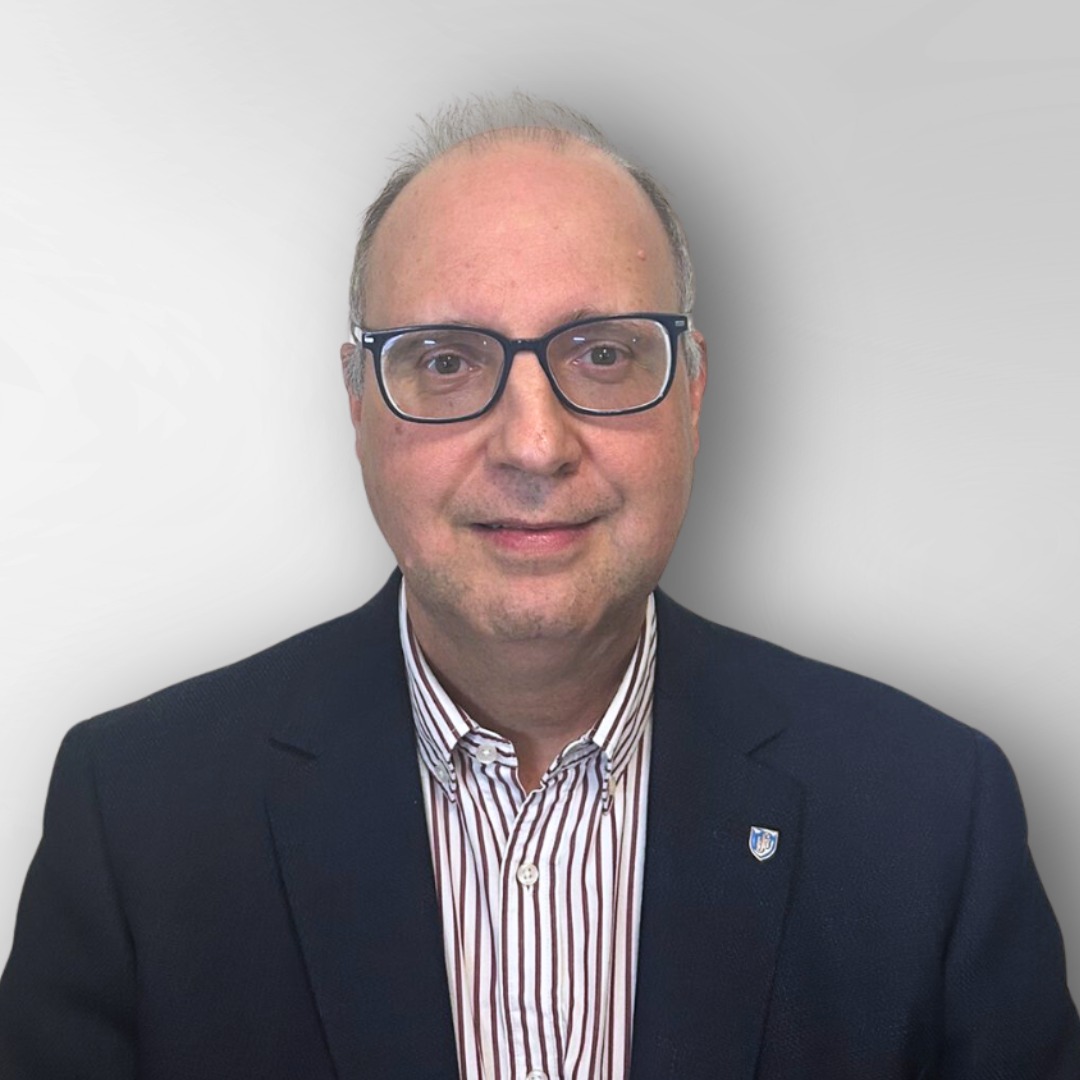
Luís L. Alves
Instituto de Plasmas e Fusão Nuclear, IST, Portugal.